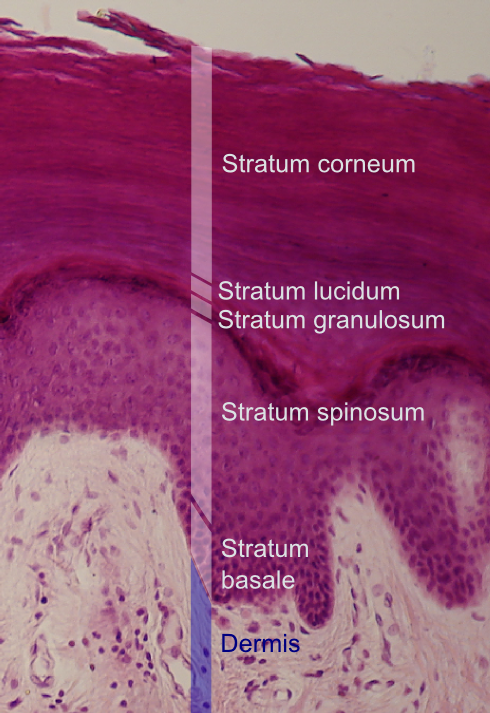Skin, Sweat and Water
Hello and welcome to my blog! Today I'm going to talk about a fascinating topic: how our skin works as a barrier between our body and the environment. Have you ever wondered why we sweat but we don't absorb water through our skin? Well, the answer lies in the tiny holes on our skin surface called pores. Let me explain.
Pores are tiny holes present on the skin surface. The pores bring out the sweat and oil secreted by the sweat glands and the sebaceous glands respectively. While the sweat gland opens by separate pores, the sebaceous glands open through pores located along the hair follicles.
Sweat is a watery fluid that helps regulate our body temperature and remove waste products from our body. Oil is a fatty substance that lubricates and protects our skin and hair. Both sweat and oil are essential for our skin health and function.
The size of the pores is about 30-50 micro metres (1 micro metre = 1/1000 mm). These pores are microscopic and are closed at normal conditions. The pore opens only when the gland is actively secreting. The secretion of these glands is influenced by the body temperature and hormones. Hence there is no chance of water seepage through the pores.
But why can't water enter through the pores when they are open? Well, that's because of another layer of our skin called the stratum corneum. This is the outermost layer of the skin and is made of keratin. Keratin is a tough protein that forms a waterproof barrier over our skin. This layer prevents water absorption through the skin as it will change the concentration and characteristics of the body fluids.
Our intracellular and extracellular body fluids have specific osmolality and electrolyte concentration. Any alteration in these parameters will lead to swelling or death of cells. For example, if we drink too much water, our blood becomes diluted and our cells swell up. If we lose too much water, our blood becomes concentrated and our cells shrink. Either way, it's bad for our health.
So, our skin acts as a smart barrier that allows us to sweat but not to absorb water through the pores. This way, it maintains the balance of our body fluids and protects us from dehydration or overhydration. Isn't that amazing?
I hope you enjoyed this blog post and learned something new today. If you have any questions or comments, please feel free to leave them below. Thank you for reading and stay tuned for more interesting topics!





Comments
Post a Comment